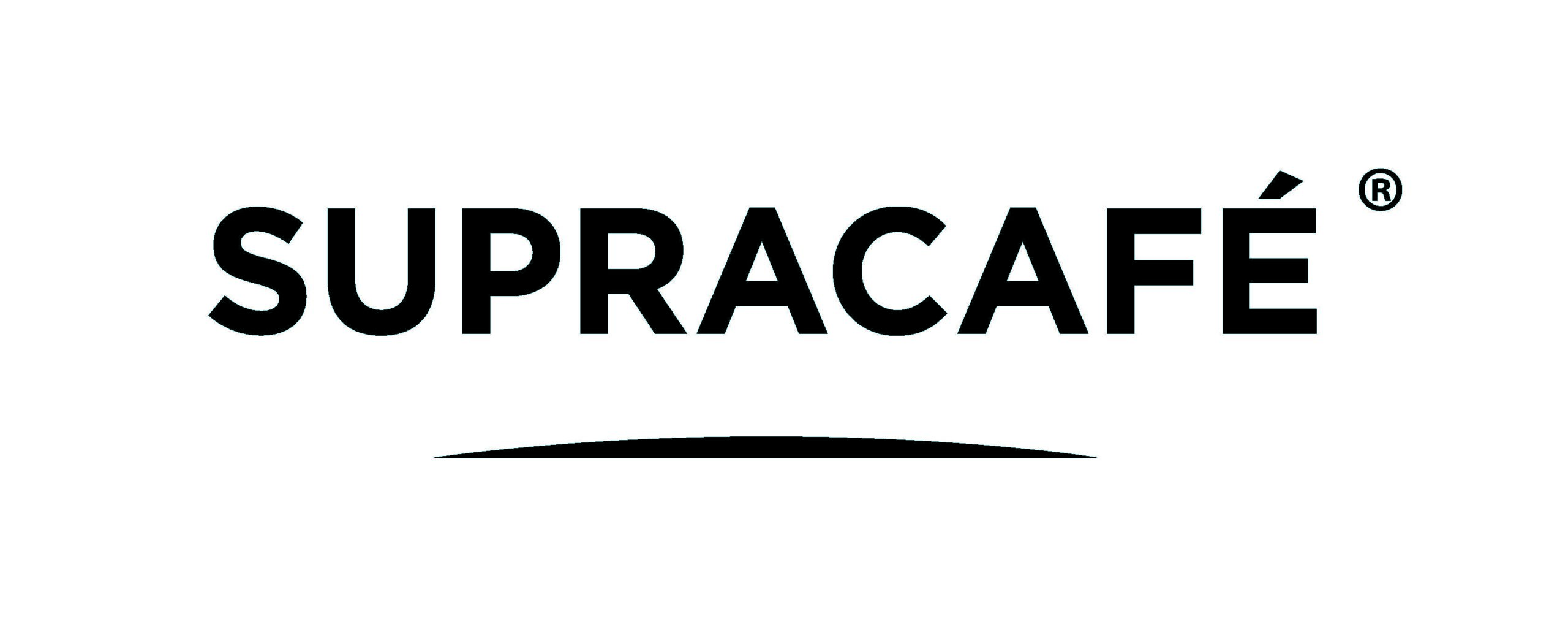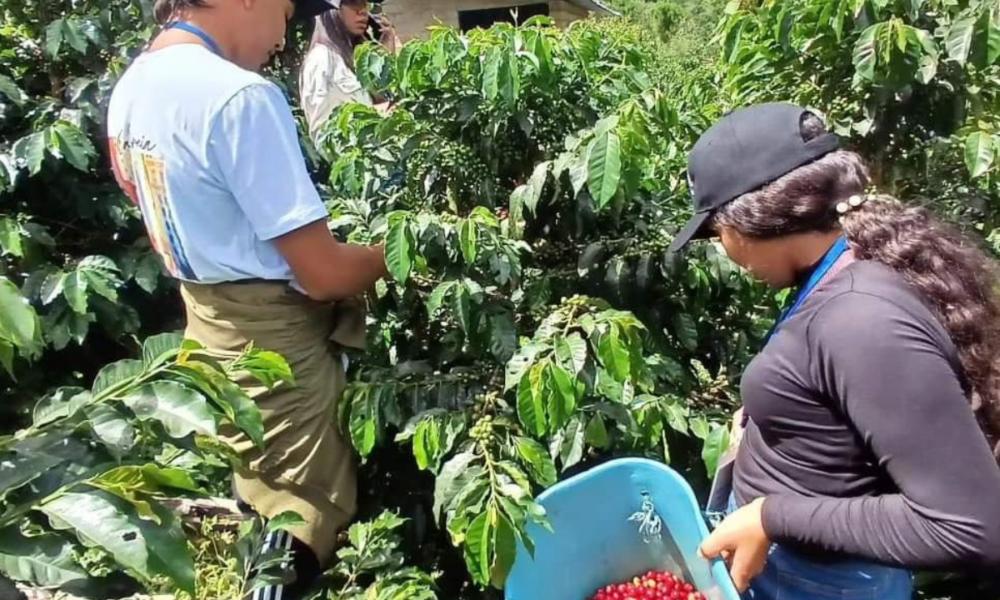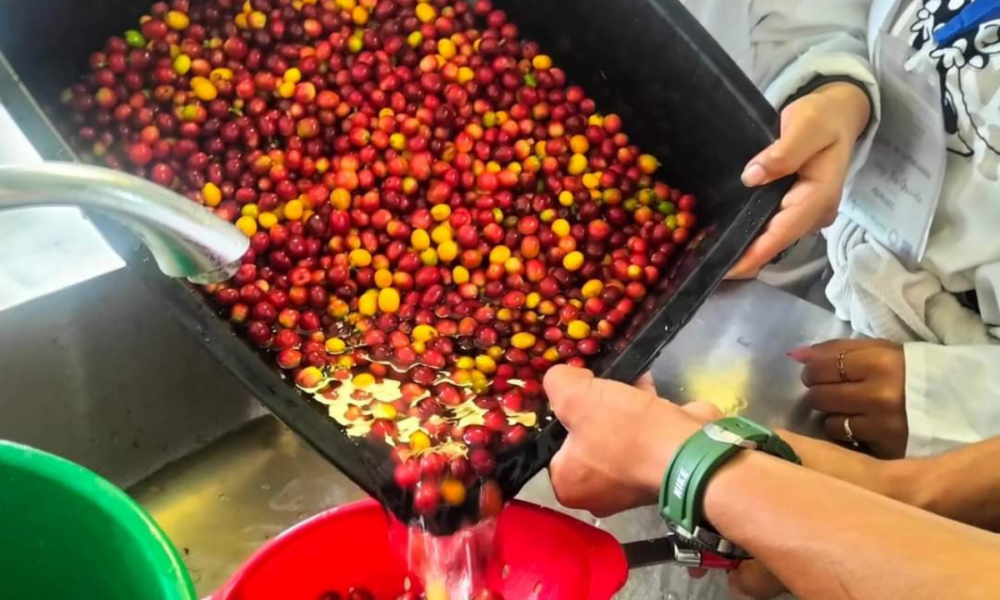Sustainable farming practices
Motivating local women coffee producers to adopt sustainable production practices and reduce vulnerabilities in their communities and ecosystem
CHOICE pilot activities in Colombia
Motivation
Colombia is one of the three largest coffee producers in the world (8.9% of the global total), contributing 11% of total agricultural GCP. Inevitably, women’s work in coffee production plays a central role.
The partners of CHOICE, SUP and Tecni, are among the first organizations in the world to guarantee constant support for women coffee farmers in the Cauca area and the production of 100% sustainable quality coffee. The immediate measures taken so far to address the impacts of climate change involve capacity building activities to adopt technological innovation and good agricultural practices. However, the existence of traditional coffee processes, little knowledge of technologies that optimize resources for production, the resulting vulnerabilities (excessive use of water and pollution), the high costs of production and transformation of the grain (constant adaptations and calibrations of pulpers, water channels and fermentation tanks with inadequate materials, lack of standardization of processes) and little traceability for product quality, are significant limitations that prevent coffee farmers in the department of Cauca from following a sustainable path.
Pilot Scope and Activities
Taking advantage of the articulated work that SUPRACAFÉ and TECNiCAFÉ does with the Association of Women Coffee Growers of Cauca (AMUCC), more than 487 small coffee producers from 10 coffee-growing municipalities in the region, who manage more than 600 hectares of coffee lands, will be involved in the pilot activities.
A modeling will be technologically implemented with a sample subgroup (200 coffee farmers), where the benefits of adopting various sustainable agricultural practices to obtain high quality coffee will be investigated, such as implementation of coffee crops under shade, the use of coffee co-products as biofertilizers and raw materials. raw materials for the food agroindustry, the implementation of agroforestry systems, the adoption of technologies for grain processing and transformation. These practices will be compared with traditional practices to evaluate their environmental and social impact and the impact on value creation. The community is currently exploring adaptation strategies to improve the resilience of farming communities and their coffee agroecosystems, a more positive approach that can facilitate stakeholder engagement by focusing on building resilience rather than perceiving them as 'victims'. of climate change.
At the SUP processing plant, GHG emissions and other impacts will be estimated, including fuel use, waste levels and co-products generated. The participation campaigns will use the producers' profiles on social networks, complemented by workshops and practical sessions organized by SUP and Tecni. These will present various scenarios derived from the CHOICE IAM modeling framework in a simplified language, using data stories relevant and engaging for the local context. Emphasis will be on mitigating community risks associated with rising temperatures and increased likelihood of extreme flash flooding, informed by CHOICE IAM models and spatially reduced data on biodiversity, water, health and climate change impacts. Impacts will also be linked to biodiversity offsets, exploiting the spatially-explicit GLOBIOM relevant module.
Enablers
The following CHOCE enablers will be used to achieve the pilot scope:
- CHOICE IAM models (FABLE, GLOBIOM) through interactive interfaces.
- Behavioural models.
- Data storytelling visuals and narratives.
- Randomised Control Trial (RCT) framework.
Expected Measurable Outcomes
- Increase the number of coffee farmers who will adopt pro-environmental behavior using the suggested green agricultural practices, that is, shade coffee cultivation, technological adoption of grain production and transformation practices, use of coffee husks as biofertilizers and agroforestry systems.
- Actively involve more than 200 women farmers in the project campaigns and workshops, maintaining their participation for at least 12 months, with a higher rate (at least 30%) of adoption of sustainable agricultural practices.
- 10% increase in synergies between coffee producers in production and processing activities, creating a protocol for the co-production of new sustainable coffee specialties.
- Involve more than 200 local coffee farmers with different scenarios of sustainable agricultural practices, interacting with the FABLE calculator interface, observing climate indices and risks in their agroforestry ecosystem through the work of T3.3, as well as biodiversity information from the Spatially explicit GLOBIOM. module. Measurement indicators from farmers' experience regarding usability, trust and relevance.
- Organize at least 3 large-scale campaigns and 4 annual challenges, 1 per quarter with objectives related to CHOICE.
Involved partners
Pilot leader:

![]()
Partners:
![]()
![]()
![]()
![]()
![]()
![]()
![]()
![]()
![]()
![]()
![]()
![]()

![]()



